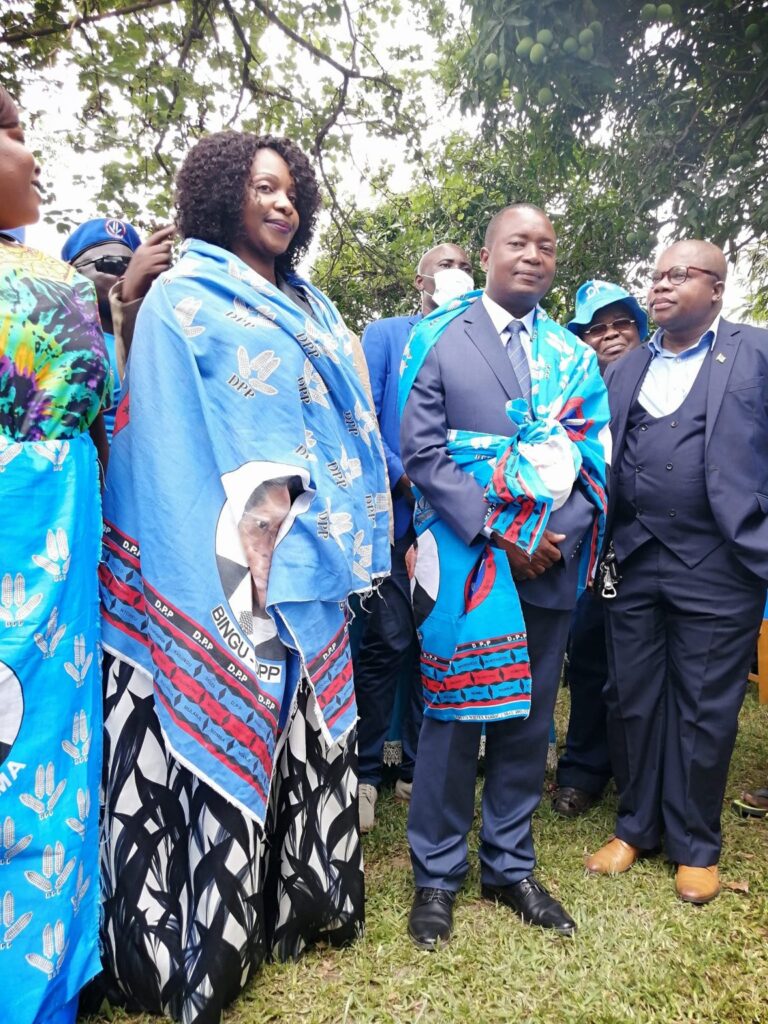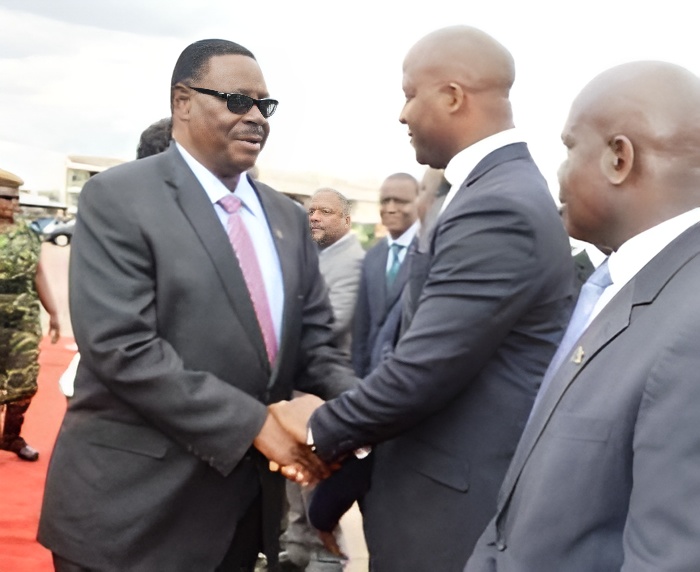Shattered. Doomed. Fractured and in disarray. It is now each one for himself as hopes of a unified opposition in the September 16 general elections have effectively collapsed, as all major opposition parties, with the exception of the Democratic Progressive Party (DPP), have collected presidential nomination papers, signaling a breakaway from alliance talks and a determination to contest individually.

By close of business on Friday, seven presidential hopefuls had picked up presidential nomination papers from the Malawi Electoral Commission (MEC), including Atupele Muluzi (United Democratic Front), Joyce Banda (People’s Party), Dalitso Kabambe (UTM), and Kondwani Nankhumwa (People’s Development Party).
All these figures were, until recently, at the center of behind-the-scenes negotiations aimed at forming a grand opposition alliance.
Political analysts and insiders close to the negotiations now confirm what many had speculated for weeks: the alliance talks have failed.
“Each one of them wanted to lead the alliance. No one was willing to step aside or compromise. That was the beginning of the end,” said a senior official involved in the discussions.
It is a battle of egos and mistrust.
Sources indicate that talks broke down due to a toxic mix of ego, mistrust, and conflicting ambitions. While the idea of a united front had popular appeal, especially as a strategic way to prevent vote splitting in the south and east, its implementation became impossible.
“UDF believes Atupele has the legacy and experience. UTM thinks Kabambe is the fresh face of the opposition. PP insists Joyce Banda has unfinished business. And DPP, despite internal disarray, is stuck with APM thinking he is God sent. This alliance has been doomed from the start,” a political analyst noted.
With each party collecting the presidential nomination papers and set to pursue a solo presidential bid, the opposition space has fractured beyond repair.
Ironically, most of these parties draw significant support from Malawi’s eastern and southern regions. The decision to go solo risks splitting votes and weakening their collective chances of dislodging the ruling Malawi Congress Party (MCP) and President Dr. Lazarus McCarthy Chakwera, who has already collected his nomination papers and is forging ahead with campaign preparations.
Political observers say this vote cannibalization could be a gift to Chakwera’s camp.
“This could have been the opposition’s moment. But now, instead of combining strengths, they are dividing themselves. It’s a strategic blunder,” said one governance expert.
If the splintering of the opposition isn’t dramatic enough, the DPP, the country’s largest opposition party, has not yet collected presidential nomination papers, deepening uncertainty about its direction and leadership.
The party’s leader and former president is still in South Africa receiving medical help due to ill health. No recent pictures, videos, or public statements have come from him, and his name has not appeared on any return flight manifests.
Attempts to clarify his status have been met with silence from party officials.
The party this week wrote MEC seeking clarification on whether a presidential candidate must submit nomination papers in person or through a proxy. The commission has not publicly responded to this inquiry.
In its official guidelines, MEC states that presidential nomination papers must be submitted in person between July 1 and July 5 at a designated venue in Lilongwe.
Failure to collect or submit the forms in person could effectively disqualify Mutharika from the race, an outcome that would plunge the DPP into deeper chaos.
“It is embarrassing and sad. The DPP is trapped between trying to prop up a visibly absent and ailing leader and the fear of succession battles. They are paralyzed,” said a political commentator.
With only three weeks remaining before submission of nomination papers, pressure is mounting on the DPP to make a decisive move, either declare Mutharika fit to run and collect the forms, or unveil a new candidate and begin damage control.
Even that option now appears uncertain. The party’s internal succession battles are reportedly intense, and consensus on a replacement is far from being reached.

Meanwhile, parties like the UDF and UTM have not only distanced themselves from DPP, but are publicly positioning themselves as alternative centers of power in the opposition space.
“We are not waiting for anyone,” a UDF insider told this reporter shortly after Atupele Muluzi collected his papers. “We are in this race to win it.”

In response to the high turnout and growing urgency, MEC spokesperson Sangwani Mwafulirwa confirmed that all commission offices and constituency councils would remain open over the weekend to facilitate collection of nomination papers.
“This is to ensure that prospective candidates have full access and can prepare adequately ahead of the July deadline,” he said.
The move offers parties like DPP a lifeline but only if they can muster clarity, leadership, and urgency.
The crumbling of the opposition alliance and the DPP’s chaos could be the turning point in Malawi’s 2025 elections. While the ruling party prepares to defend its record, the opposition is entering the campaign period disjointed, disorganized, and weakened.
Unless a last-minute miracle emerges, perhaps in the form of a surprise endorsement, a political handshake, or an emergency unification pact, the September election is shaping up to be less a contest and more a cautionary tale of how political ambition without unity becomes its own worst enemy.








